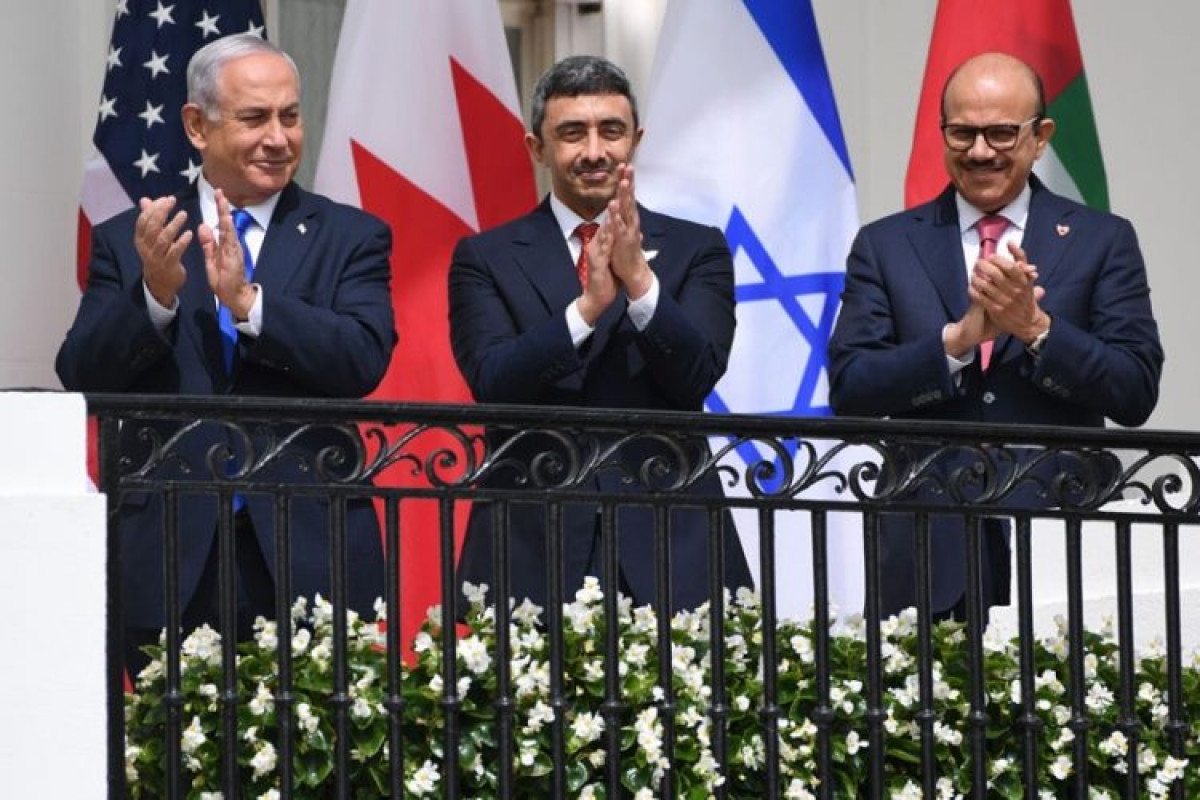 65
65
Following Israel’s recent attack on the Gaza Strip, Pakistan, acting on behalf of the Organization of Islamic Cooperation and the Palestinian Authority, requested an emergency meeting of the UN Human Rights Council (UNHRC). As a result, the UNHRC convened a special conference to assess Palestine’s “grave human rights situation” and conduct an international investigation into the Zionist regime’s crimes perpetrated during the 12-day war between the Zionist Army and Palestinian resistance factions. Interestingly, Sudan and Bahrain, two Arab states which have signed treaties of peace with Israel, endorsed the UNHRC’s decision to establish a commission of inquiry into the Tel Aviv atrocities, arousing Israel’s indignation. In August 2020, the Zionist regime, the United Arab Emirates (UAE), Bahrain, the United States, and eventually Sudan and Morrocco signed the Abraham Pact, aiming to legitimize the Israeli occupation and conceal the perpetual misery and calamity faced by the Palestinian people. The Trump administration hoped that the Abraham Peace Treaty would help Tel Aviv establish a strong foothold in the region to confront Iranians by gaining official recognition of Israel from all Arab nations as a strong state with sovereignty over Palestine, as well as breaking Israel free from diplomatic isolation and economic constraints by utilizing Persian Gulf financial and energy resources. This extraordinary moment precipitated profound changes in the Middle East, sparking a new wave of Islamic Awakening and culminating in increased cooperation within the Axis of Resistance and a stepping up of activities against the Zionist state. Moreover, the US has encountered a new wave of anti-imperialism throughout the Middle East and beyond, reinforced by the assassination of resistance leaders Martyr Qassem Soleimani and Abu Mahdi Al-Muhandis, as well as their entourage. As long as Trump was President of the United States, the reactionary Arab regimes that signed the Abraham Pact opted for more collaboration and peace with the Zionist entity. During the US presidential race, several Arab leaders unambiguously acknowledged that they hoped Donald Trump would be reelected. They realized that if Biden were elected president, the political equations for Israel and its Arab allies would be considerably challenging. In truth, Biden pursued a strategy of shifting focus away from the Middle East to the Far East with the hope of cutting US military expenditure by withdrawing from Afghanistan and Iraq. Biden’s Middle East approach proved highly troublesome and dangerous for the Arab regimes that had signed the peace accord with Tel Aviv. Gradually, they have concluded that it was not in their best interests to assist the Zionists. Hence, the reactionary Arab regimes have been recently reluctant to openly support the Zionist regime, owing to Israel’s domestic turmoils, which include deep divisions among Israeli politicians and an inability to form a cabinet, as well as the Zionist regime’s apparent vulnerability in the face of resistance factions’ ballistic missiles. Not only did the Arab countries who signed the peace treaty with Tel Aviv obtain political gains, but they also suffered Israeli constant contempt and exploitation. Pro-Zionist Arab regimes probably sought to strengthen their internal precarious security status by acquiring Israeli military support and more advanced American armaments, but in reality, they assisted the Zionist regime’s economy and the US dying weapons industry. As the Palestinian resistance has grown stronger and Islamic nations have awoken, the weak and corrupt Arab tyrants have been fearful of losing their thrones. From this perspective, one must interpret Sudan and Bahrain’s ostensibly anti-Israeli posture at the UNHRC.
Comment
Post a comment for this article